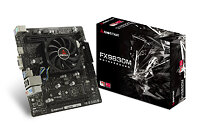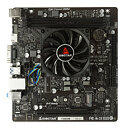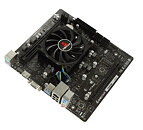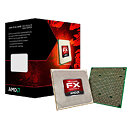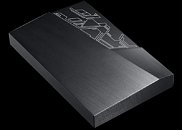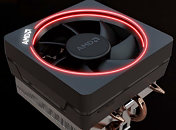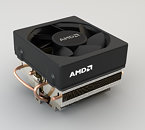
PlayStation 5 Pro to Gain Full AMD FSR 4 Integration in 2026
Sony has announced that the PlayStation 5 Pro will receive the full version of AMD's FidelityFX Super Resolution 4 upscaling technology in 2026. This upgrade delivers the exact same engine that PC users have accessed since its March release, replacing the current PlayStation Spectral Super Resolution (PSSR) system without any reduction in functionality. Coming from Project Amethyst, the update is a collaborative effort between Sony and AMD, launched alongside the PS5 Pro's late 2024 debut. In a recent interview, PlayStation lead system architect Mark Cerny confirmed that the jointly developed algorithm will be implemented on the console exactly as it appears on PC. They are providing the full feature set of FSR 4 to PS5 Pro owners, without any trimmings.
AMD introduced Sony to its comprehensive quality‑assurance practices and helped establish a dedicated QA team focused solely on upscaling performance. Participants from both companies credit this reciprocal exchange with accelerating development, achieving significant milestones in under nine months. Sony plans to distribute the FSR 4 upgrade as a free system update to all PS5 Pro users. Meanwhile, AMD will integrate lessons learned from Project Amethyst into its next RDNA 5/UDNA graphics architecture. Because neither company placed usage restrictions on the shared research, third‑party developers and hardware partners can also adopt these advancements. For PS5 Pro owners, the upgrade will provide a noticeable improvement in image clarity without compromising performance. For next-generation RDNA 5/UDNA GPUs, upscaling optimizations will be even more fine-tuned, as developers have already done the same work for the console.
AMD introduced Sony to its comprehensive quality‑assurance practices and helped establish a dedicated QA team focused solely on upscaling performance. Participants from both companies credit this reciprocal exchange with accelerating development, achieving significant milestones in under nine months. Sony plans to distribute the FSR 4 upgrade as a free system update to all PS5 Pro users. Meanwhile, AMD will integrate lessons learned from Project Amethyst into its next RDNA 5/UDNA graphics architecture. Because neither company placed usage restrictions on the shared research, third‑party developers and hardware partners can also adopt these advancements. For PS5 Pro owners, the upgrade will provide a noticeable improvement in image clarity without compromising performance. For next-generation RDNA 5/UDNA GPUs, upscaling optimizations will be even more fine-tuned, as developers have already done the same work for the console.




































